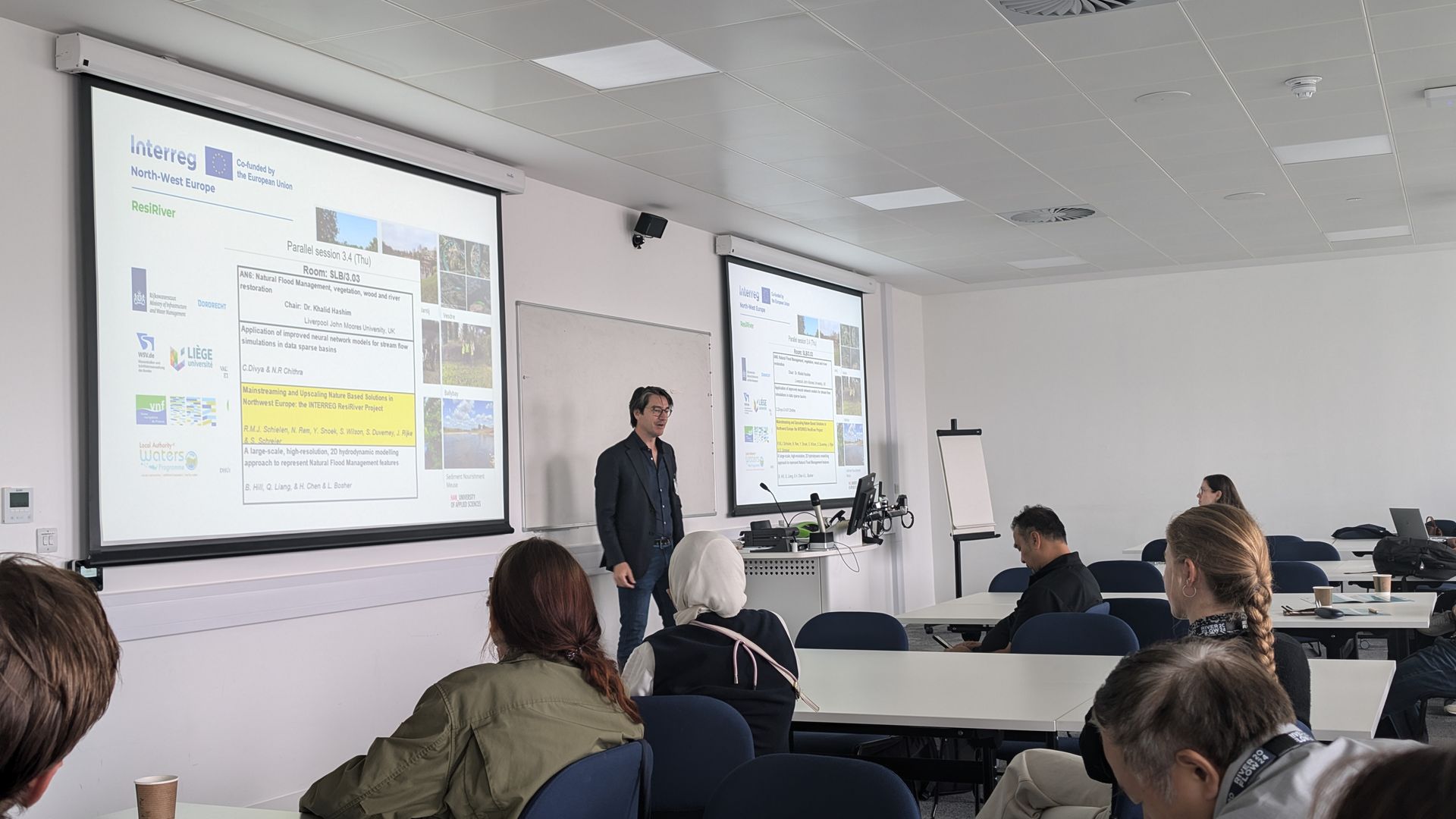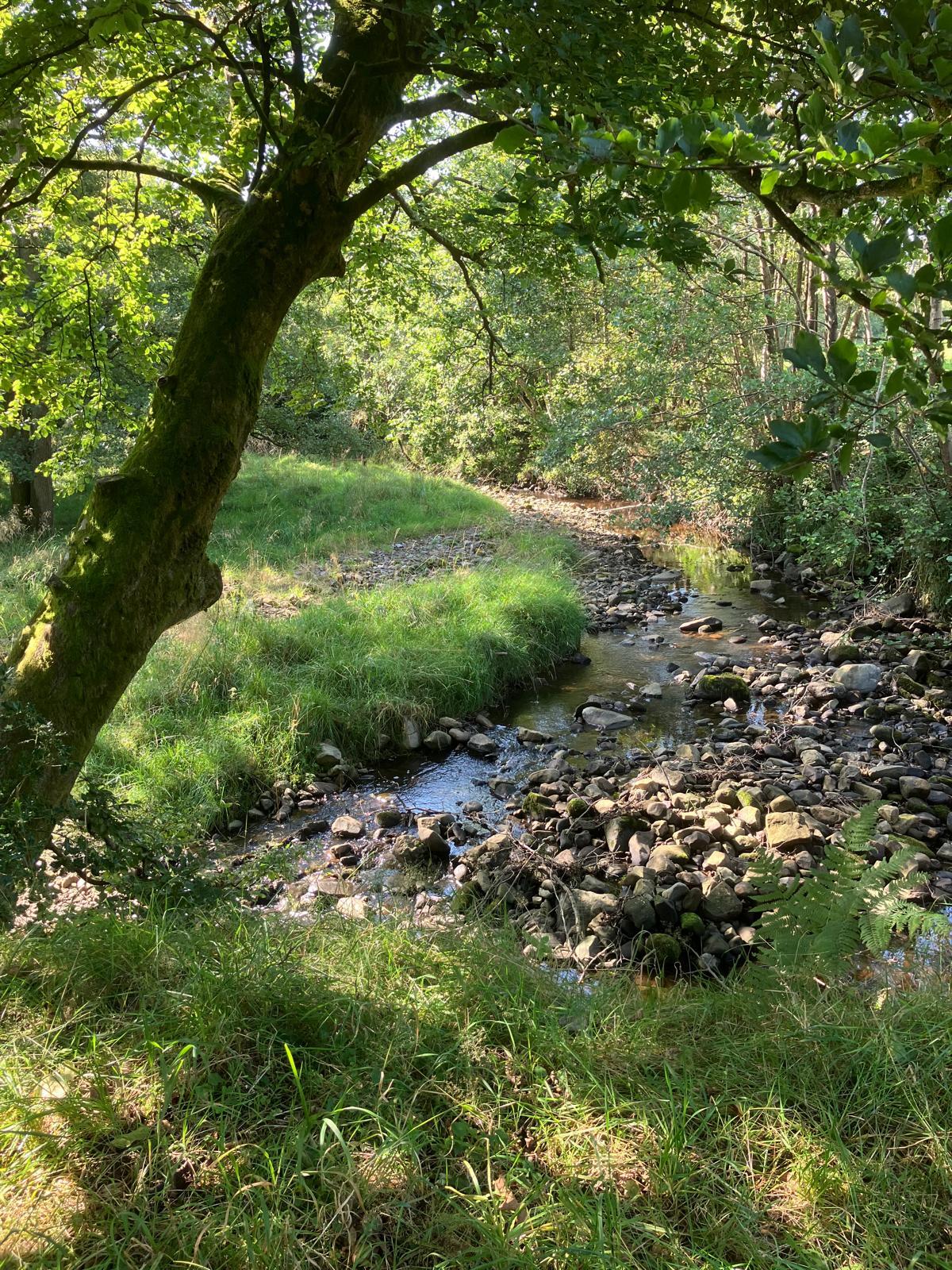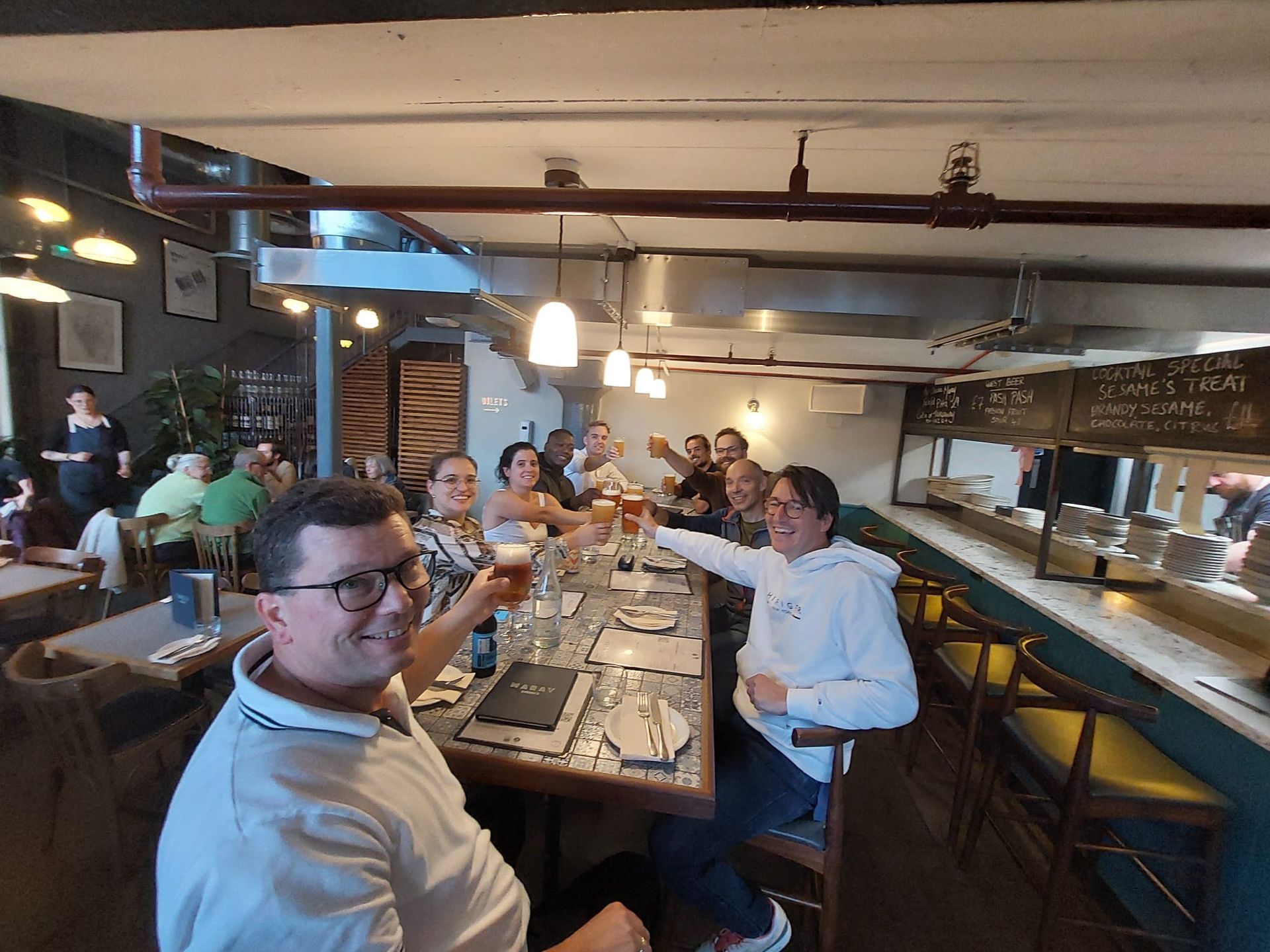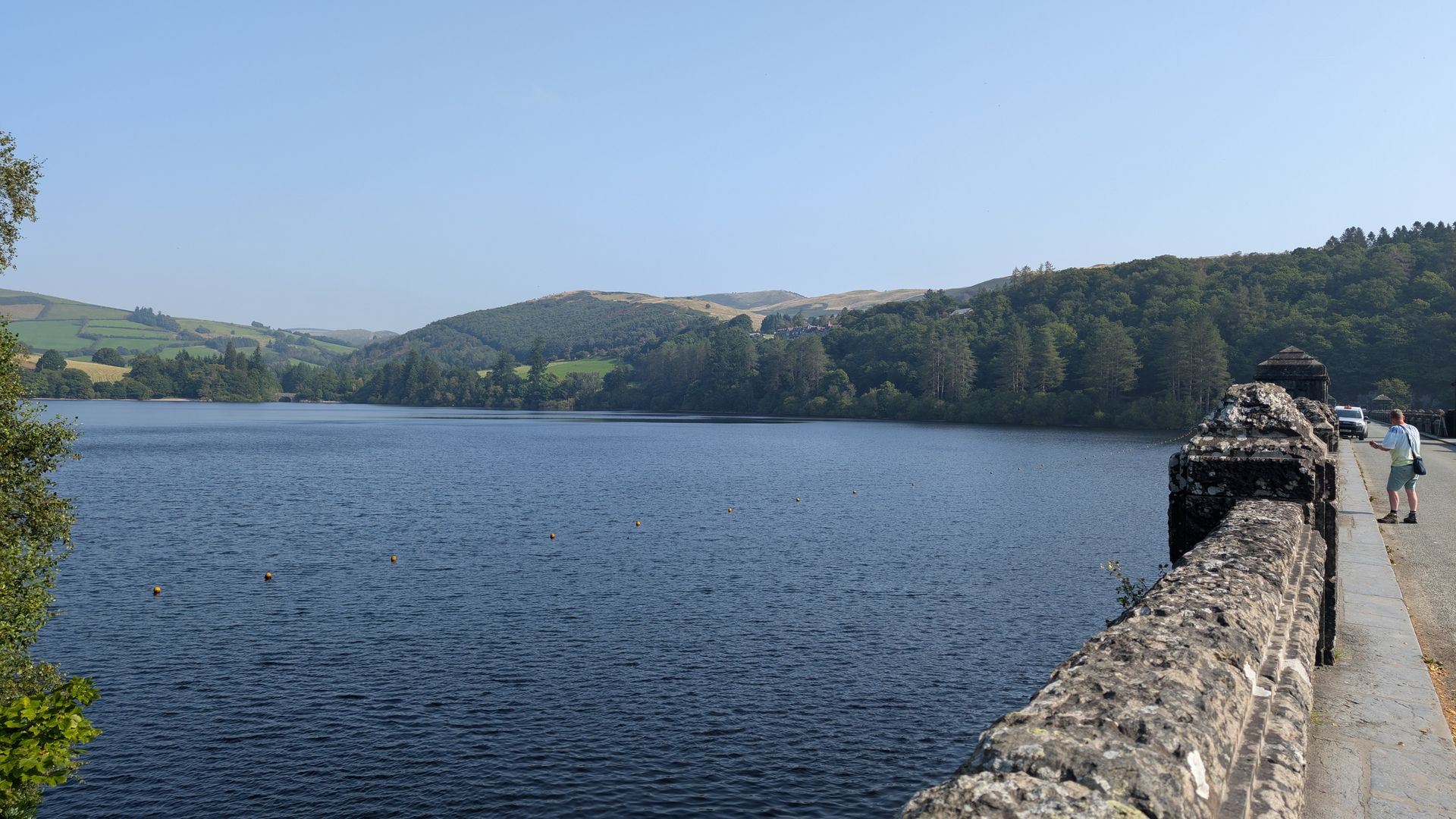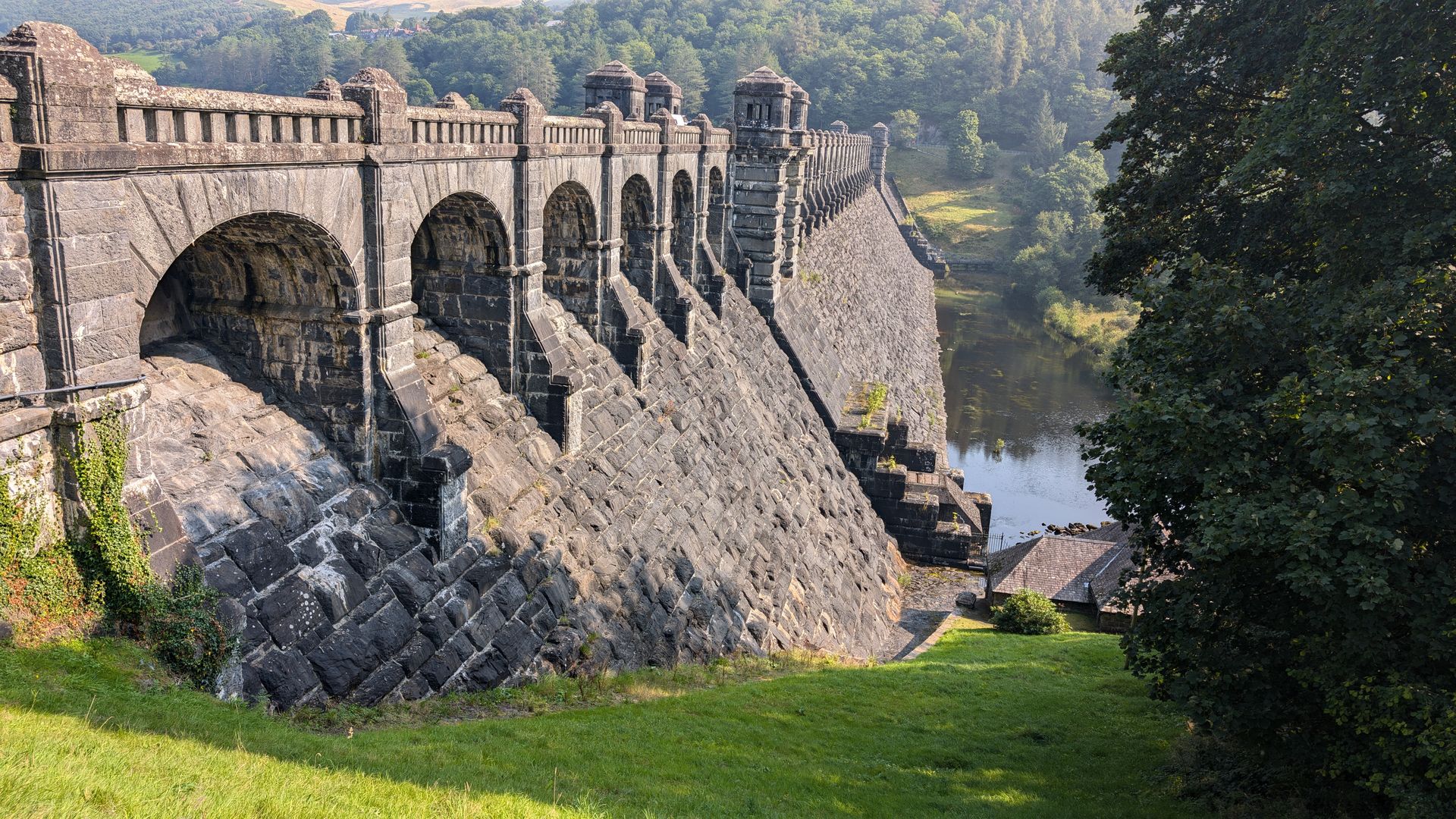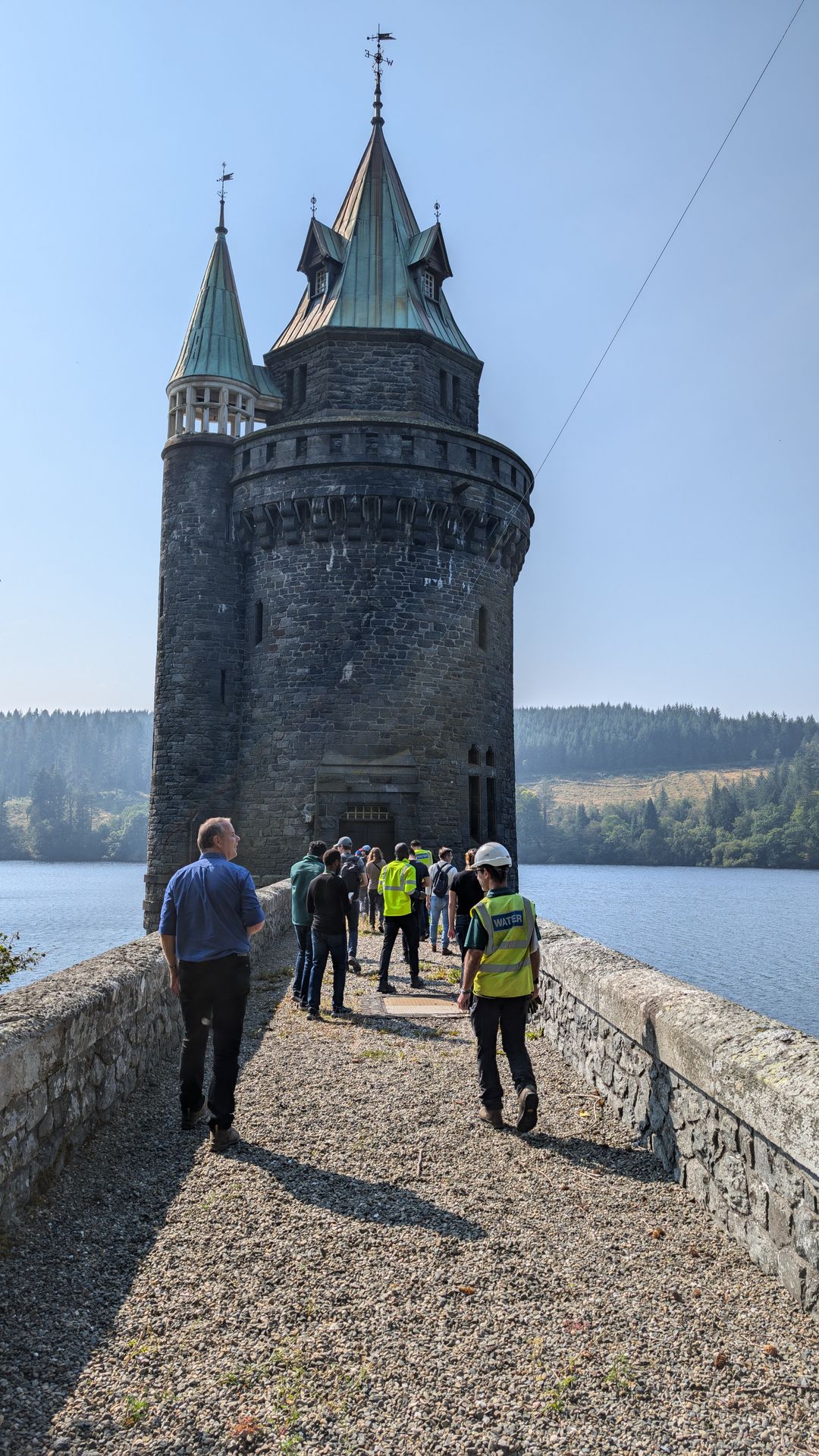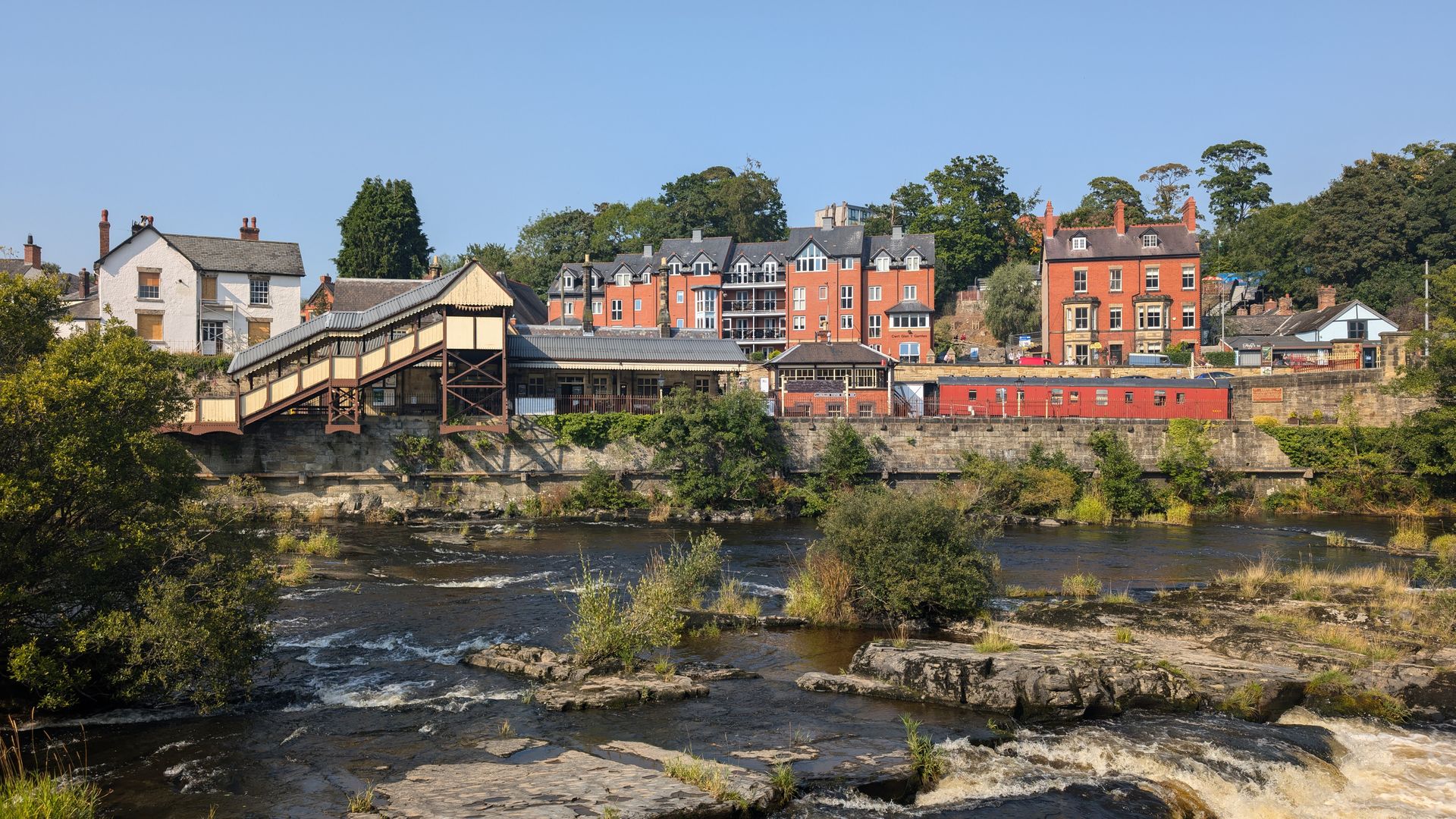Last week, a delegation from ResiRiver visited RiverFlow2024, a 2-yearly conference on river research and river management. This 12th edition was held in Liverpool, UK. At the conference, scientists and practitioners meet to exchange scientific insights in river behaviour, and problems and solutions related to river management.
(Re)presenting ResiRiver
Our ResiRiver team held two presentations. The first focused on the outcome of a learning needs assessment for upscaling and mainstreaming Nature-based Solutions (NbS) in river systems. This study was undertaken as part of our own project and provided insight in the Technology Readiness Levels and Societal Readiness Levels for NbS across The Netherlands, Germany, France, Belgium and Ireland. The findings of the study seem to suggest that NbS adoption across North-West Europe is predominantly the result of a technology push. Societal readiness, from the general public as well as involved institutions, mostly follows as NbS are implemented at a small scale.
The second presentation was about our project in general. Our colleagues introduced ResiRiver to the broader public, focussing on the achievements we made thus far. They also addressed the progress we made with assessing NbS, and the steps we still need to take in order to facilitate mainstreaming and upscaling. So, how does one make the application of NbS more concrete and tangible, what role do the pilots and policy briefs play, and what instruments (e.g. defining and working with NbS-readiness levels) do we need to develop?
Both presentations were well received, and lead to interesting discussions with the other participants. These discussions emphasized the necessity of ResiRiver, as a few of the people questioned whether NbS really work, and whether governments are prepared to invest in NbS. These are exactly two of the barriers that we try to tear down.
Excursions and exploring Liverpool
As a nice surprise, our team also split up and attended two different excursions. The first went to a Natural Flood Management project with an application of leaky dams in the Ribble Valley, a national landscape not too far from Liverpool. An expert from the Ribble River Trust explained the problems that they faced in constructing this kind of measures on private land, but also the successes once these measures are in place. Good for reducing flood risk, ecology and biodiversity. So truly a NbS!
The other excursion visited the Lake Vyrnwy dam: a water reservoir in Powys, North Wales. It was constructed in the 1880’s to supply the city of Liverpool with drinking water. A few interesting points included the technology used more than a century ago that is still effectively functioning today. Further in creating the reservoir, the engineers realized that an open landscape with cattle and sheep would be bad for the water quality. They thus planted trees along the shores of the reservoir, and this is now a massive forest.
